Avocado (Persea americana Mill.) is a fruit native to Central America, grown in warm temperate and subtropical climates throughout the world. The pulp of this fruit contains about 60% oil, 7% skin, and approximately 2% seed. The main producers of avocado oil in the world are New Zealand, Mexico, the United States, South Africa, and Chile . Avocado oil has sparked a growing interest in human nutrition, food industry, and cosmetics. The lipid content, mainly of monounsaturated fatty acids, is associated with cardiovascular system benefits and anti-inflammatory effects .
There are no internationally defined parameters for avocado oil. The values that are commonly used are those recommended for olive oil. The quality standard for olive oil is available in the Codex Alimentarius and the International Olive Oil Council (IOC) .
Woolf et al. [7] proposed a classification for avocado oil based on its extraction method and fruit quality. Avocado oil of a higher quality, “extra virgin”, corresponds to that produced from high-quality fruit, extracted only with mechanical methods, using a temperature below 50 °C and without the use of chemical solvents. “Virgin” avocado oil is produced with fruit of a lower quality (with small areas of rot and physical alterations), extracted by mechanical methods, using a temperature below 50 ° C and without the use of chemical solvents. “Pure” avocado oil is a type of oil for the production of which the quality of the fruit is not important; it is a bleached and deodorized oil, infused with the natural flavor of herbs or fruits. Finally, “mixed” avocado oil is combined with olive, macadamia, and other oils. Therefore, it presents sensory and chemical characteristics that are variable.
The Mexican norm states that the “crude oil of avocado” is a slightly amber-colored fatty liquid, obtained by physical extraction of the pulp and the seed of the fruit (Persea americana). “Pure” edible avocado oil is a product with at least 98.5% refined avocado oil.
In this work, a systematic review of the literature was carried out to collect, select, evaluate, and summarize all available evidence regarding the processes and properties of avocado oil. The research question was: What are the most published topics on avocado oil? The answer to this question allowed us to include topics, such as: extraction methods (i.e., cold pressed method, ultrasound-assisted aqueous extraction method, supercritical CO2 method, CO2 subcritical method, enzymatic extraction, and solvent extraction), procedures of conservation, contamination/adulteration, technological applications, composition (characteristics according to the variety and origin of the fruit, physicochemical characterization, avocado seed oil, and comparison with other oils), and biological effects (human health effects and experimental studies in animals). Figure 1 shows the exponential increase of scientific interest in avocado oil. On the topic, “avocado oil” (from 1980 to date), 180 and 224 articles have been published in the Web of Science (WoS) and Scopus, respectively.
over 10 year we have been helping our customers
Worldwide Shipping
Provide Worldwide delivery for all products
Secure Checkout
Pay with the world’s most popular and secure payment
Speacial Gift Cards
We offer competitive prices.

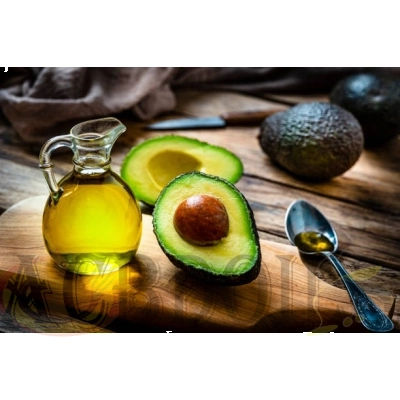
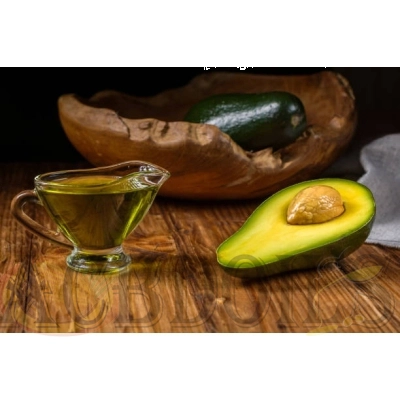
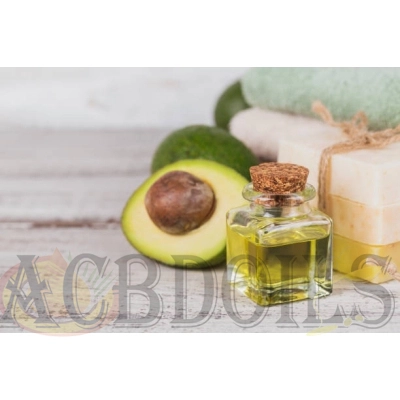

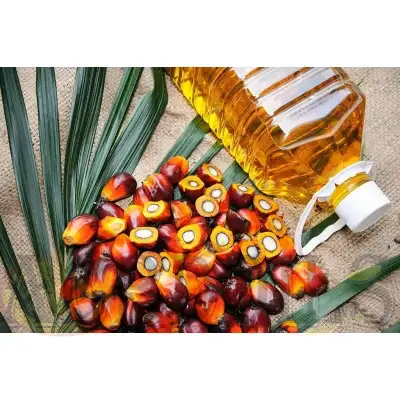

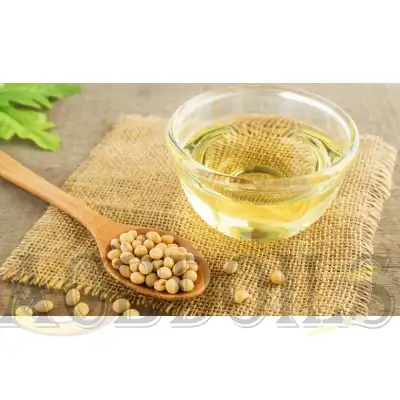
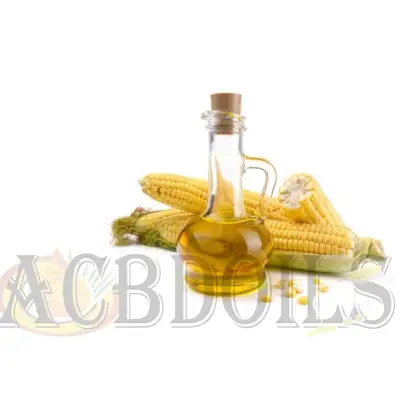
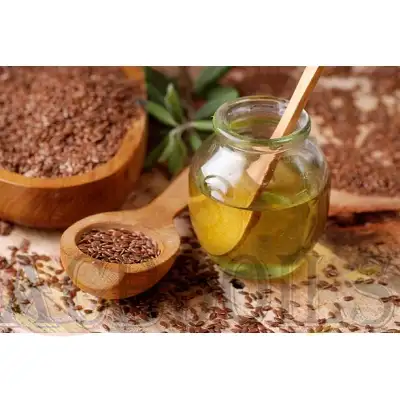

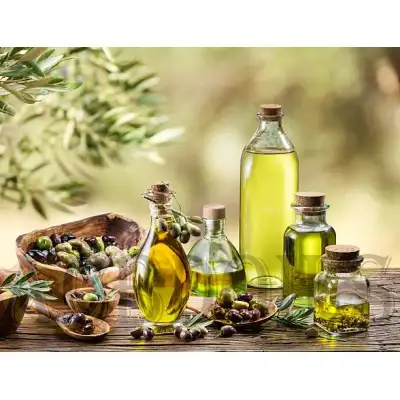
Write a Review
Your email address will not be published. Required fields are marked *